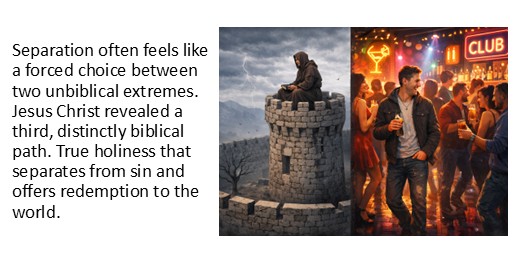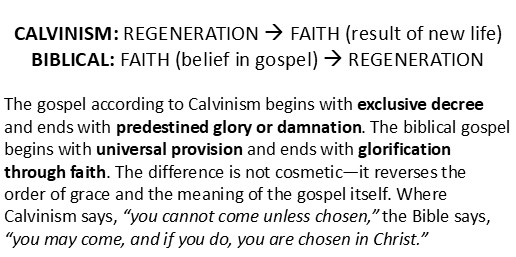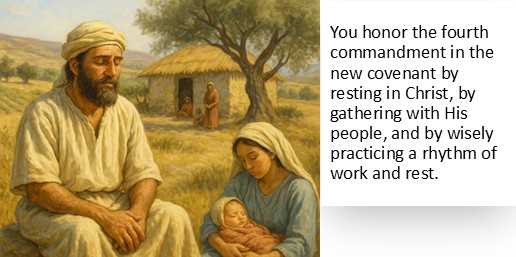Jesus Rejected False Separation but Affirmed True Separation

Introduction: The Dilemma of Being “In but Not Of” The biblical idea of separation often feels like a forced choice between two unbiblical extremes. On one side is total withdrawal, Continue ReadingJesus Rejected False Separation but Affirmed True Separation



